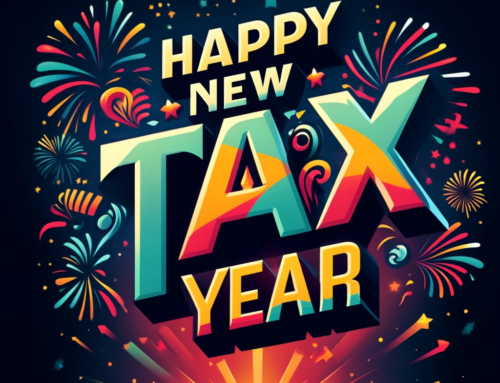
There is tax to pay on any benefits that you provide to yourself and your employees. These are reported on form P11D each year and we regularly prepare these for our clients. The deadline for form P11D is 6th July and any liability is due to be paid by 19th July.
The trap comes if you are not aware that there is actually tax to pay on the benefits you provide. The rules can be complex, so the basic rule is, if you are in doubt call us.
Which benefits are taxable?
Benefits are anything bought or paid for on behalf of an employee for their personal benefit as opposed to the company’s benefit. HMRC’s view is that these benefits are taxable as if they were salary, and therefore the employee in receipt of them will pay PAYE and NI and the company will pay NI.
Some examples of common benefits where tax is payable:
- A company car or van
- Private fuel for the above
- Interest-free loans
- Medical insurance
- Non-business travel
There are some obscure benefits where people can often fall down, such as staff parties – many believe staff parties and functions are tax-free, however there is a £150 per head per year rule that means if you spend over this, your employees will pay tax on the whole amount spent.
So, if you are making payments on behalf of employees and you are not sure if they are taxable then please contact us.






